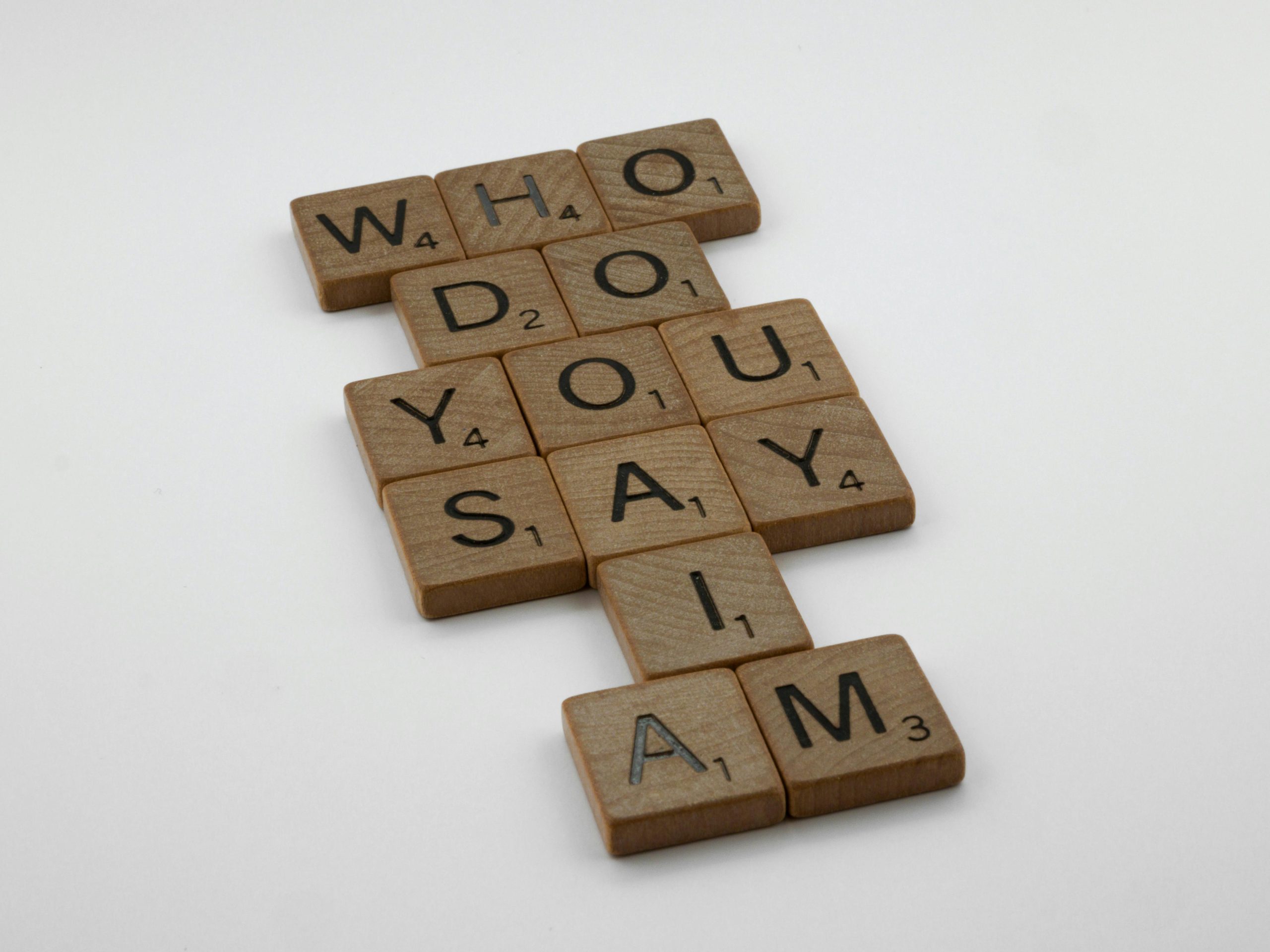Understanding the Complex Dynamics of Free Speech and Societal Division: A Thoughtful Reflection
In today’s increasingly polarized world, navigating issues related to free speech, societal division, and political violence has become more crucial than ever. This article aims to explore these complex themes with a balanced perspective, emphasizing the importance of dialogue, understanding, and rationality in fostering a healthier society.
Recognizing the Threat of Political Violence
Recent events across the globe, including the tragic shootings of individuals like Charlie Kirk and Melissa Horton—both targeted for their political beliefs—serve as stark reminders of the dangers posed by societal division. While such violence is disturbing and unacceptable, it underscores the importance of safeguarding open dialogue and respectful disagreement.
The Spectrum of Perspectives
It’s essential to acknowledge that figures such as Charlie Kirk often engage in debates at universities, a core purpose of higher education. Though he may express views that some find contentious or even offensive, the core issue remains: Should disagreement justify violence? Most would agree that it does not. Promoting debate, even with differing opinions, is vital for societal progress.
Media Narratives and Public Perception
Coverage of protests, whether labeled as “free speech” rallies or “far-right” demonstrations, often emphasizes the contrast between opposing groups. Photographic evidence may depict different atmospheres: some portray joy and camaraderie among counter-protesters, while others highlight hostility or misrepresentation. It is crucial to approach such images critically, recognizing that they may not fully capture the complexity or diversity of participants.
The Impact of Division on Individuals and Society
The societal climate can induce fear and alienation, as exemplified by stories of individuals feeling unwelcome or unsafe—such as a Black man, a descendant of Windrush immigrants, who feels marginalized despite contributing and belonging in his country. These feelings highlight a significant challenge: How do we foster inclusivity and understanding amid mounting polarization?
The Role of Identity and Moral Absolutes
Labeling responses or objections as racist or bigoted may sometimes oversimplify genuine concerns. It is important to differentiate between actions and motives, and to avoid infantilizing or dismissing others’ perspectives. For instance, reactions to flags or symbols are often rooted in complex histories and personal experiences, not solely in animosity.
The Double Standard of Violence and Neglect
Incidents where political figures or activists face threats or violence often reveal inconsistencies in societal responses. For example, while some public figures advocate for free speech, others face criminalization for their online statements—
